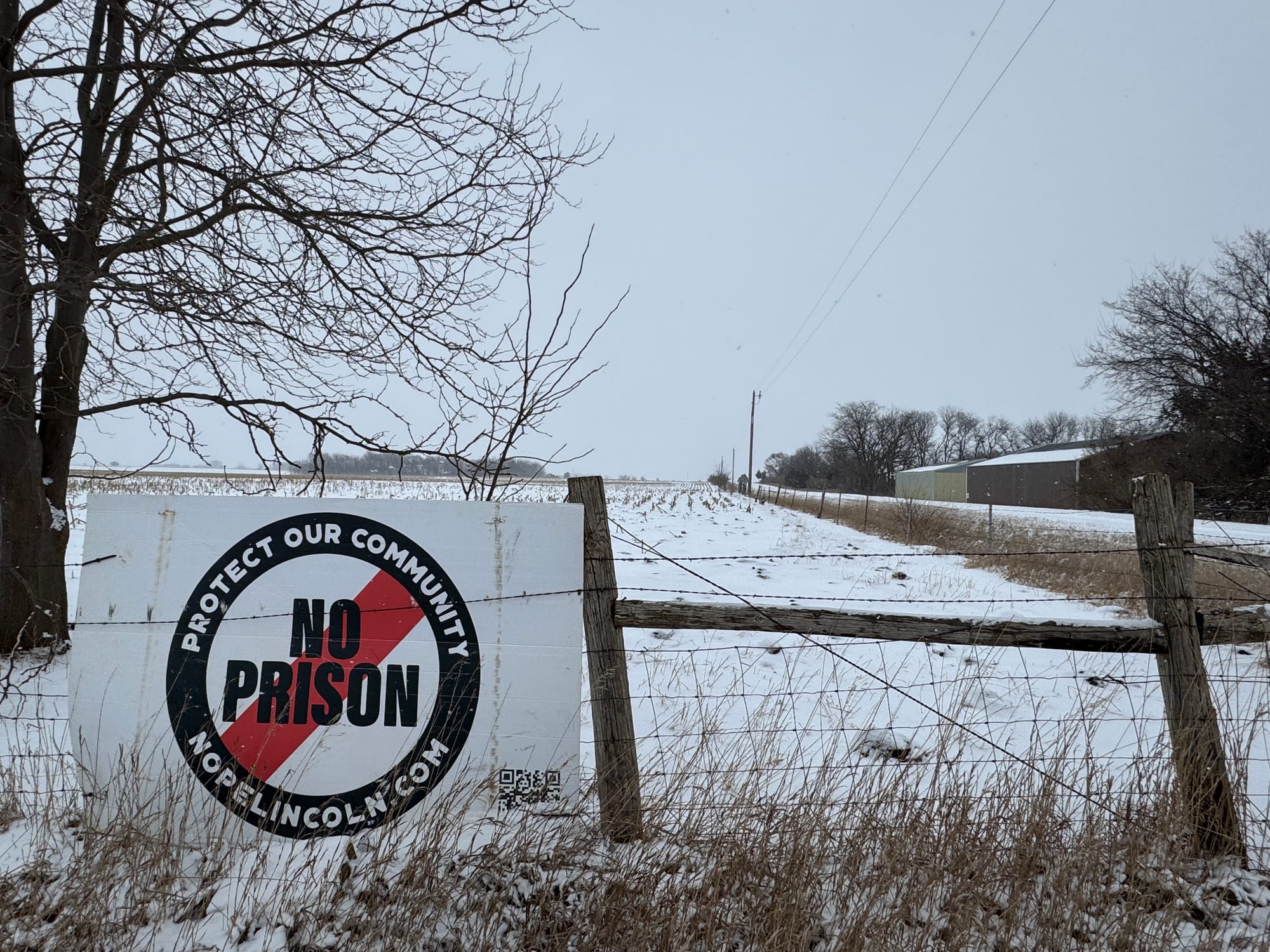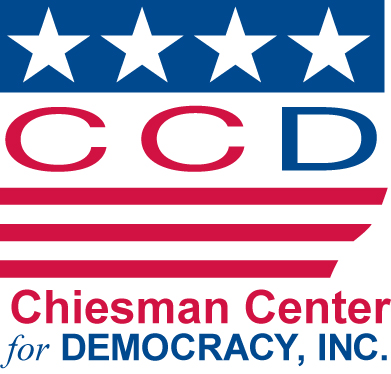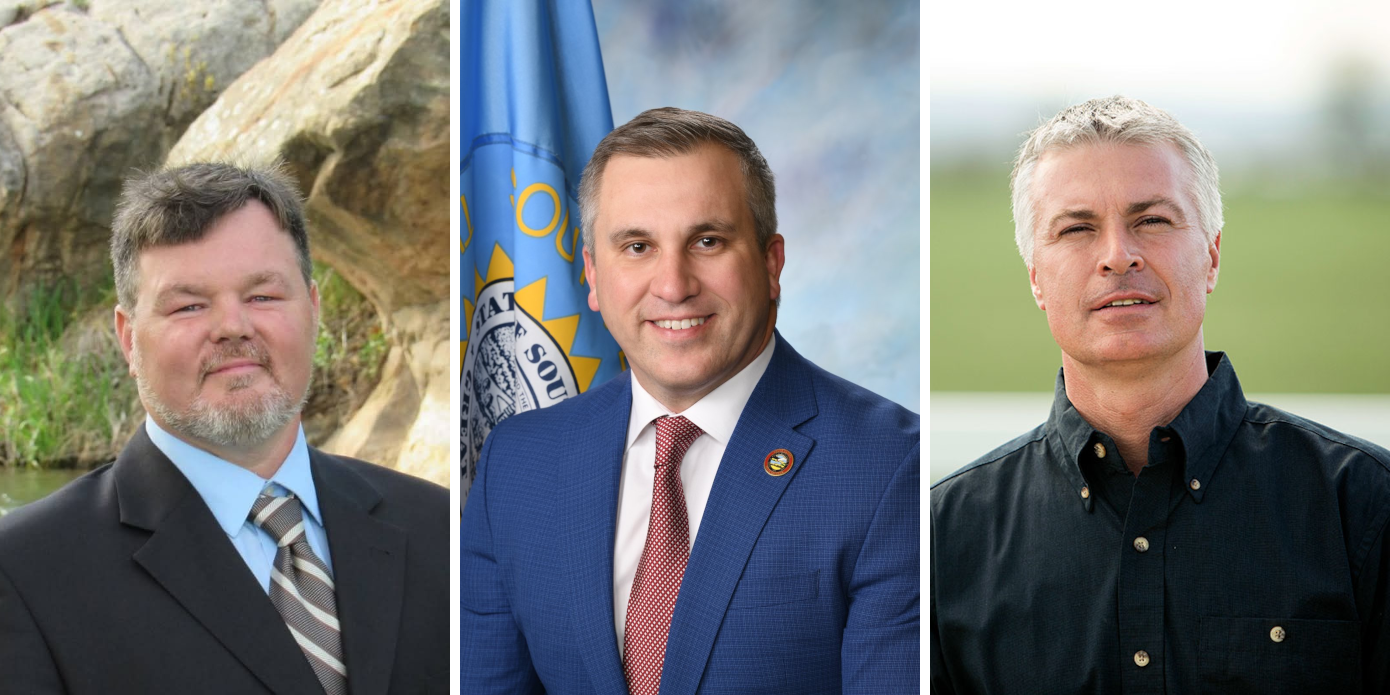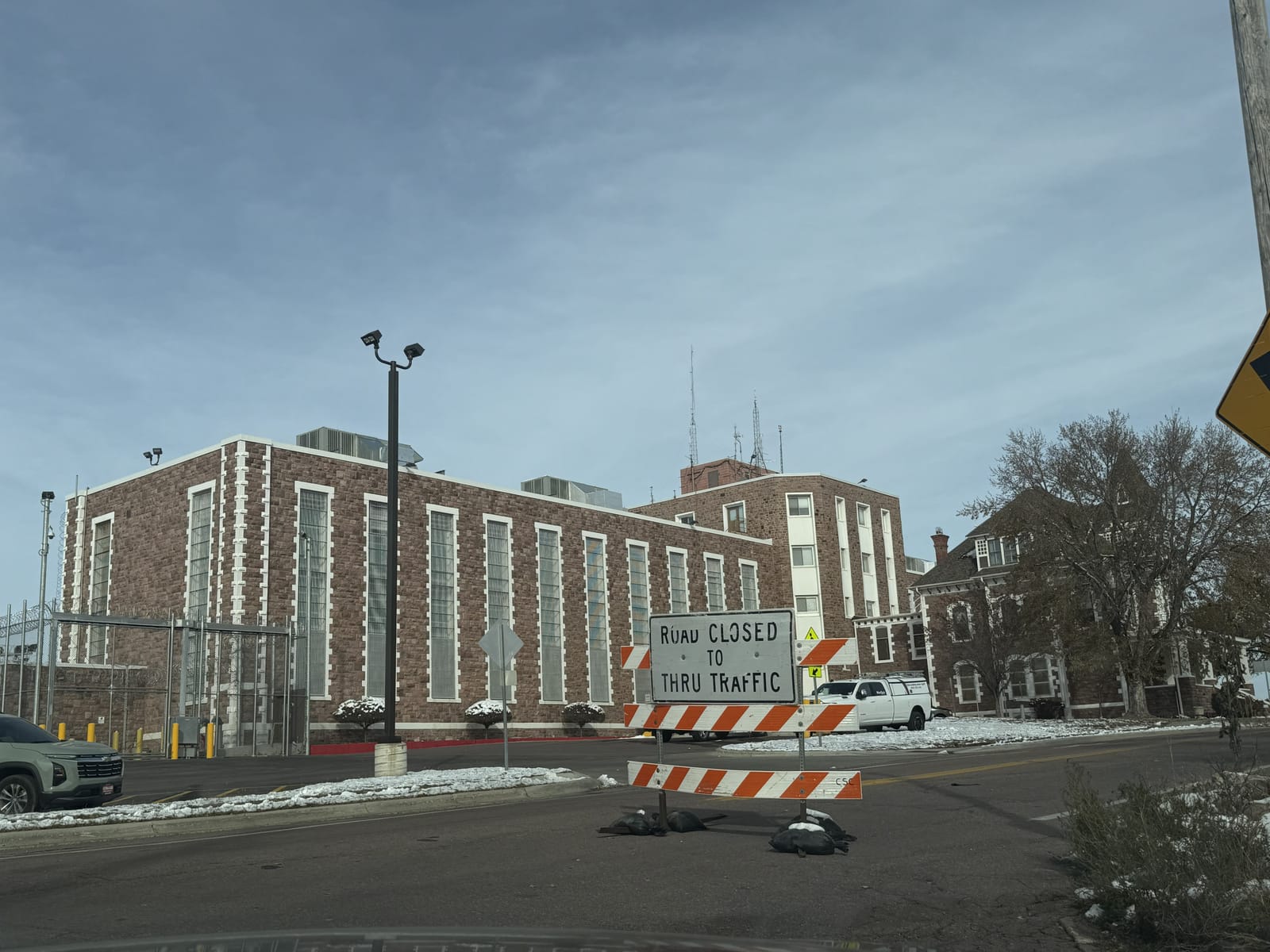PIERRE, S.D. – A new scientific poll co-sponsored by South Dakota News Watch finds that a majority of registered voters approve of a men's prison project.
Through the years-long debate over whether and where to build a new prison, opponents and supporters generally agreed recidivism needed to be addressed. With the new prison authorized, new disagreements over prison programs come to the forefront.
According to the poll, which was co-sponsored by the Chiesman Center for Democracy, 68% of registered South Dakota voters surveyed said they approve of the new prison, and 20% said they disapprove of the project. Another 12% were unsure.
The poll also found that a majority of voters of both parties and Independents support the project. Among Democrats, 70% support the new prison, and 66% of Republicans support it.
With Republican voters, a higher percentage (13%) were unsure, whereas 9% of Democrats were unsure. Among Independents, 72% support the new prison, 15% disapproved and 13% were unsure.
Mason-Dixon Polling and Strategy conducted the poll of 500 registered voters from all parties Oct. 16-19 using random selections from a telephone-matched state voter registration list that included both landline and cellphone numbers from across the state. Quotas were assigned to reflect voter registration by county. The margin for error is no more than plus or minus 4.5 percentage points.
Division over agreement on rehabilitation
The poll was conducted nearly four weeks after the South Dakota Legislature, in a special session on Sept. 23, narrowly approved the construction of a $650 million prison. It will be located about 4 miles northeast of the current South Dakota State Penitentiary in Sioux Falls near Benson Road and I-229.
Opponents of the prison argued that the state should focus on addressing recidivism, consider options to expand other facilities, and address operational and leadership issues in the Department of Corrections.
Supporters agreed the state needs to do more to address recidivism, but they argued that other construction options were more expensive. Besides alleviating overcrowding, the new facility would provide the programmatic space needed for workforce training, treatment and counseling programs to help with recidivism, they said.

A week before the special session, Gov. Larry Rhoden pledged to create a task force to look at rehabilitation programs in an effort to reduce recidivism and lower the state’s prison population, if the bill authorizing the new prison passed. That announcement may have gained some extra votes in favor of the new prison.
The rehabilitation task force held its first meeting on Oct. 29 in Sioux Falls, and the 30-member panel heard a series of presentations on various programs the South Dakota Department of Corrections currently provides inmates, including drug treatment, workforce training and mental health counseling.
The panel agreed to break into subcommittees in the coming weeks to study specific topics related to rehabilitation, such as drug and alcohol treatment, tribal programs and education. The subcommittees will then report back on their studies at the next meeting of the full panel, planned for sometime in December.
Examining results of controversial program
In the morning before the meeting of the rehabilitation task force, an interim committee examining programs in other states listened to presentations about the effects of faith-based programs that were implemented in the Louisiana State Penitentiary, commonly nicknamed “Angola.” Programs modeled after Angola’s were later implemented in Mississippi prisons.
Burl Cain, CEO and founder of the Global Prison Seminaries Foundation, testified on how the ministry programs in the prison have transformed Angola from one of the most violent prisons in the U.S. into one of the nation’s safest.
Cain, who was warden of Angola from 1995-2016, later helped create these programs in Mississippi prisons, which he said produced similar results to those he’d seen in Angola.
The programs aren’t without their controversies.
The American Civil Liberties Union filed lawsuits on behalf of Catholic and Mormon inmates in Angola who alleged they were denied materials or rites, Mother Jones reported in 2011. Another prisoner told the magazine writer that he was punished for not participating in the programs.
During the testimony, Rep. Kadyn Wittman, a Sioux Falls Democrat, asked Cain about how South Dakota’s Indigenous inmates would fit into these programs, were they to be implemented in the state’s prisons.
“We don't care if you're a Christian. We want you to be a Muslim. We want you to be an atheist. We don't care who's in this program. We just care that you're in the program." – Burl Cain, CEO and founder of the Global Prison Seminaries Foundation
“A particularly large portion of our incarcerated population are Indigenous community members that participate in powwows and sweats (lodge ceremonies) as part of their religious practice. So my question is, how do you or did you ensure that non-Christian inmates received equal access to rehabilitation programs and participation, and that it wasn't coercive in any way?” Wittman asked.
Cain said that inmates in the program sign a statement that they won’t debate their own religion or object to what they’re being taught.
“We don't care if you're a Christian. We want you to be a Muslim. We want you to be an atheist. We don't care who's in this program. We just care that you're in the program. But you can't hardly study it for years without it catching on to you,” Cain replied.
Debate over corrections in the 1970s
Debates over corrections in South Dakota go back decades.
In 1971 and 1972, Bill Walsh co-chaired a prison reform committee, which was established by former Gov. Richard Kneip. At the time, Walsh was an active Catholic priest and chaplain at the state penitentiary. He told News Watch that in the course of many meetings, the group had “many heated discussions.”
The committee produced a report, which recommended alternatives to incarceration as the better approach to satisfying the state’s long-term correctional needs than building more prisons. Walsh said he’s not sure the report had much influence.
“It was a case of a lot of time and money put into a study, and then it just gets shelved,” he said.
Lincoln County plan fizzled
In 2021, the DOC hired a consultant to study South Dakota's correctional needs, and it produced a report concluding a new facility was needed. Building a new prison became a priority for then-Gov. Kristi Noem, and a plan materialized to build a 1,500-bed, $825 million prison in Lincoln County.
The Legislature passed a law in 2023 to authorize the Department of Corrections to purchase property for a proposed facility. In 2024, the Legislature approved an appropriation for site preparation and planning for a proposed facility.

The plan was met with fierce opposition from landowners in the area. A group of landowners near the proposed project sued to stop it, arguing that it violated the county’s zoning laws and clashed with its comprehensive plan.
In court, the state countered that the landowners lacked standing and the state was protected by the legal doctrine of sovereign immunity, which puts limits on when the government can be sued.
The Second Judicial Circuit granted the state’s motion to dismiss the lawsuit, and the landowners appealed to the Supreme Court, which upheld the lower court’s ruling in July.
Back to the drawing board
By the time the ruling was passed down, it had little impact. The Lincoln County plan had already failed to gain the support of legislators in the session the previous February.
A task force Rhoden set up following the failed bid to gain legislative authorization, and the panel ultimately scrapped the Lincoln County plan in favor of the $650 million facility in Sioux Falls.

The controversy over the Lincoln County plan may still linger in the minds of East River voters.
The latest poll showed support was somewhat higher west of the Missouri River, with 72% of voters saying they approve of the project. In northern counties of East River, 71% of voters approved of the project and 65% of southern East River counties approved of the project. In the Sioux Falls metropolitan area, 66% of voters approved of the project.
Moving forward
With the Sioux Falls prison project a done deal, meetings of the rehabilitation task force will continue after its December meeting with the goal of making recommendations to the Legislature at some point in the coming year.
Kellie Wasko, former secretary of the DOC, resigned ahead of the September special session after House members penned a letter critical of the DOC leadership. Last month, Rhoden appointed Nick Lamb to head the DOC. Lamb has 31 years of experience in corrections, having served in the Illinois, New Mexico and Iowa DOC. He’s expected to take over the department this month.
Construction of the new prison is expected to take four years. Once it's open, South Dakotans will be able to measure how far these efforts will go to addressing the issues in the state’s corrections.
Other stories on the latest South Dakota News Watch poll:



This story was produced by South Dakota News Watch, an independent, nonprofit organization. Read more stories and donate at sdnewswatch.org and sign up for an email to get stories when they're published. Contact statehouse investigative reporter Kevin Killough at kevin.killough@sdnewswatch.org.











